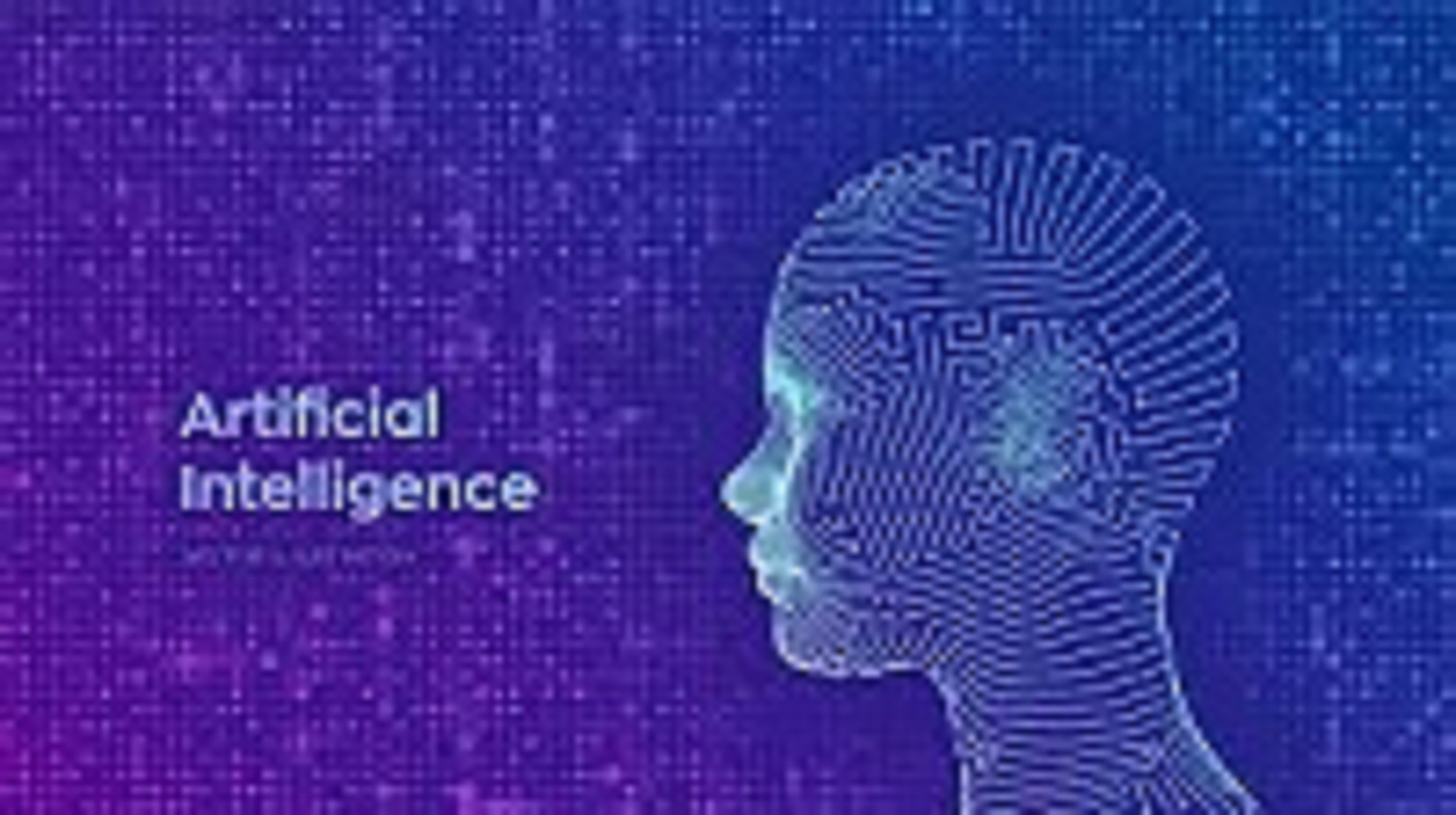How do I start my AI journey?
 Anthony Uzoh
Anthony Uzoh
So Tony, how do I then become an AI professional? Where do I start?
Again, these are some of the tech-related questions I get during my interaction with people, especially those who have developed an interest in Artificial Intelligence (AI).
Delving into the practice of AI involves acquiring a range of skills and knowledge in various areas of computer science and statistics. Here are some general steps AI enthusiasts can take to become AI professionals:
Develop a Strong Foundation in Computer Science: You will need a strong foundation in computer science to pursue a career in AI. This includes a good understanding of programming languages, algorithms, data structures, operating systems, and computer architecture.
Learn Mathematics and Statistics: AI involves a lot of math and statistics, including linear algebra, calculus, probability theory, and statistics. You should be comfortable with these topics and be able to apply them in AI applications.
Learn AI Concepts and Techniques: You will need to learn the basic concepts and techniques of AI, including machine learning, deep learning, natural language processing, computer vision, and robotics.
Take Online Courses or Enroll in a Degree Program: There are many online courses and degree programs available in AI, machine learning, and related fields. You can take online courses from platforms like Coursera, Udacity, edX, or enroll in a degree program in computer science, data science, or AI at a university.
Gain Practical Experience: To become an AI professional, you need practical experience working on AI projects. You can gain experience by participating in online coding competitions, contributing to open-source AI projects, or doing internships or research projects in AI.
Build a Portfolio: Build a portfolio of AI projects you have worked on to showcase your skills and experience to potential employers.
Stay Up-to-Date with the Latest Developments: AI is a rapidly evolving field, and it is essential to stay up-to-date with the latest developments and research in AI. You can do this by reading research papers, attending conferences, and participating in online AI communities.
In summary, becoming an AI professional requires a strong foundation in computer science, mathematics, and statistics, as well as knowledge and practical experience in AI concepts and techniques. By following these steps, you can build the necessary skills and knowledge to pursue a career in AI.
Subscribe to my newsletter
Read articles from Anthony Uzoh directly inside your inbox. Subscribe to the newsletter, and don't miss out.
Written by

Anthony Uzoh
Anthony Uzoh
As an agent of Digital Transformation and an Information and Communications Technology professional based out of Abuja, Nigeria, Anthony has over the past 13 years, delivered on several mouth-watering state-of-the-art digital projects. Commencing his career in the field of Software Engineering, he has over the years traversed the spectrum where Business and Technology meet while achieving a lot of success which includes the successful implementation of the Nigeria National Identity Management and Digital Ecosystem (www.nimc.gov.ng) and the Ikooba/BMAC Enterprise Resource Planning (ERP) system (www.ikooba.com), OpenMRS Medical Record System, among others. Owing to the rapid changes in technological advancement which affect businesses, Anthony works with relevant stakeholders in business process reviews and improvement. As an adherent of the Agile Methodology and Cloud Systems, he had taken up several roles as a Business Analyst, Project Supervisor, Scrum Master, Product Owner, Product Manager, Quality Assurance Analyst, ISO QMS 9001:2015 Lead Auditor, and has just recently waded into the world of Digital Forensics Investigation, and many others. Ultimately, Anthony has his eyes on helping businesses achieve digital transformation of their processes by aligning with the 4th Industrial Revolution (4IR).